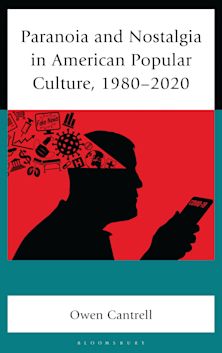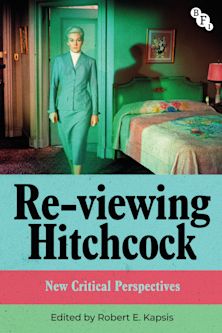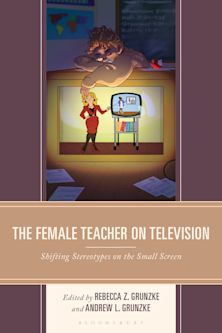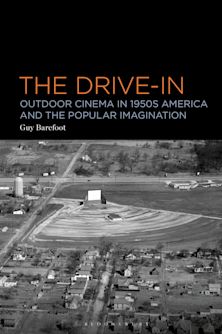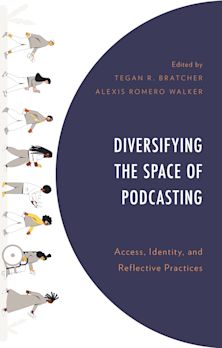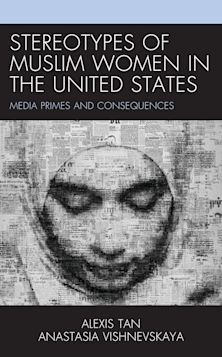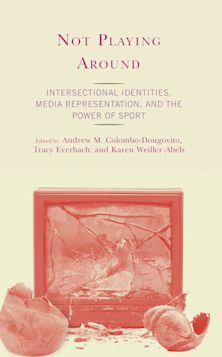Select a format
For information on how we process your data, read our Privacy Policy
Description
Identity in the Covid-19 Years explores the how the COVID-19 pandemic has been represented in media, communication and culture, and the role these changes have played in renewing how we understand identity, engage in social belonging and relate ethically to each other and the world.
Represented from the beginning as a moment of rupture, shock, disruption and change, media and culture over the subsequent years maintained a fixation on the pandemic through narratives of instability and the disruption to everyday life. Drawing on media and cultural studies approaches, and using international examples of personal accounts and reports, Rob Cover argues that media and cultural narratives of instability, disruption and change has had a substantial impact on how we experience selfhood, belonging, mobility, relations and bodies.
Chapters explore these shifts from a range of perspectives and experiences: mobility and restriction, the visibility of faces and the wearing of masks, social distancing and changes to how bodies touch, trust and conspiracy, and practices of resilience in the face of unknowable futures. Revisiting theories of belonging and ethics and adapting them for the the COVID-19 years helps us understand the significant role of media and culture in guiding our perceptions of vulnerability, and how these perceptions can lead to more positive, inclusive and ethical ways of living.
Table of Contents
1. Introduction: Shock, Disruption and Resilience during a Pandemic
2. Media discourses of Coronavirus: From health advisory to conspiracy
3. Apocalyptic Fictions as a Roadmap for Crisis
4. Disrupted Identity: The self in a time of radical cultural change, anxiety and crisis
5. Disrupted exposure: Ethics and the Face of the Other in the time of masks
6. Disrupted mobility: Lockdowns, borders and movement
7. Disrupted touch: hands, bodies and isolation
8. Disrupted corporealities: vaccination and anti-vaxxers
9. Disrupted futurity: mourning the self and the other
10. Disrupted care: ethical approaches to self and other (an inconclusive conclusion)
Bibliography
Index
Product details

| Published | 14 Dec 2023 |
|---|---|
| Format | Ebook (PDF) |
| Edition | 1st |
| Extent | 192 |
| ISBN | 9781501393716 |
| Imprint | Bloomsbury Academic |
| Publisher | Bloomsbury Publishing |













